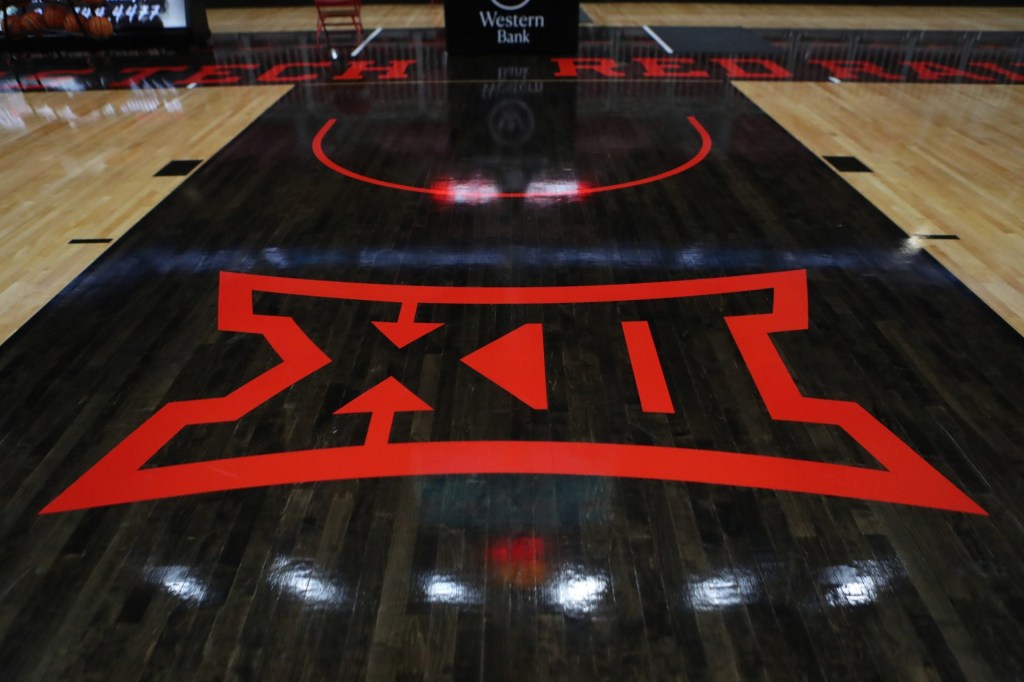As the fall approaches, the first season with an expanded 12-team College Football Playoff is just around the corner. But earlier this year, before this new era began, talk of the playoff growing to 14 or even 16 schools consumed the sport.
The format’s evolution is accompanied by another changing of the guard, too. Last month, Rich Clark officially took over as the executive director of the CFP, as Bill Hancock stepped down. Clark, most recently a superintendent for the Air Force, has been revealing his outlook for the CFP while making the rounds at various conference football media days, last week with the Big 12 and this week with the SEC.
Clark said despite the speculation, CFP leaders want to see how the inaugural 12-team field plays out before making more changes. “I would not make that assumption,” he said Wednesday when asked about eventually growing to at least 14 teams.
For now, fans shouldn’t expect any significant developments until next year. “After the playoff is concluded, we’re going to look back and see what worked, what didn’t, and how can we make it better,” Clark said. “Especially in the early days, I think it’s important for us to be open-minded and not take things off the table … and not lock ourselves into anything.”
ESPN is paying $7.8 billion for CFP media rights through 2032, but it is sublicensing some games to TNT Sports for an undisclosed sum. Further expansion could give even more broadcasters an opportunity to hop on the playoff bandwagon.
Coastal Conflict
The ACC’s media days don’t start until next week, but the conference has been making headlines this week. There are more developments surrounding legal action associated with Florida State’s and Clemson’s attempts to potentially find new homes without paying exorbitant exit fees of hundreds of millions of dollars.
In an effort to squash a lawsuit from Florida attorney general Ashley Moody, the ACC has agreed to share a redacted version of its ESPN media-rights contract with Moody’s office. The documents will still not be available to the public, though.
A ‘Political Win’
So, is this a win for FSU, the ACC, or a moot point?
“The ACC’s decision to provide the Florida attorney general with its media contracts may seem like a big win for FSU,” says Front Office Sports college expert Amanda Christovich. “But in reality, it won’t change much—the actual media contract has always been available to FSU to view and is part of the lawsuit for the school to leave the conference. Mostly, it’s a political win for AG Ashley Moody, who clearly wants to appear to be supporting her local schools in their conference realignment endeavors.”
The legal rift will no doubt be a major talking point next week in Charlotte at the ACC’s first media days as a 17-team conference, with the addition of Cal, Stanford, and SMU.








![[Subscription Customers Only] Jun 15, 2025; Seattle, Washington, USA; Botafogo owner John Textor inside the stadium before the match during a group stage match of the 2025 FIFA Club World Cup at Lumen Field.](https://frontofficesports.com/wp-content/uploads/2026/02/USATSI_26465842_168416386_lowres-scaled.jpg?quality=100&w=1024)








